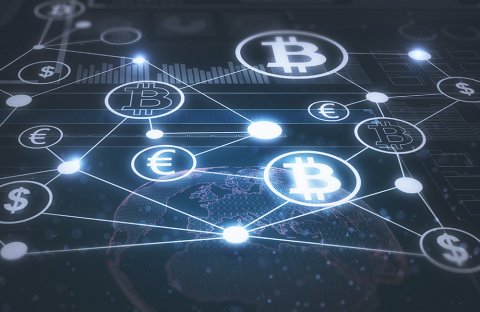Decentralized Finance (DeFi) has emerged as one of the most groundbreaking innovations in the financial sector. Built on blockchain technology, DeFi eliminates the need for traditional financial intermediaries, offering a more transparent, accessible, and efficient alternative to conventional banking systems. As this technology continues to evolve, it is reshaping the global financial ecosystem and creating new opportunities for individuals and businesses alike.
The rise of DeFi is driven by its ability to offer financial services such as lending, borrowing, trading, and yield farming without relying on banks or other centralized entities. With blockchain at its core, DeFi ensures secure, immutable, and permissionless transactions, fostering a new era of financial inclusivity.
Understanding Decentralized Finance (DeFi)
DeFi refers to a set of financial applications built on blockchain networks that aim to replicate and improve traditional financial services. Unlike centralized finance, which relies on institutions like banks and brokers, DeFi platforms operate through smart contracts, removing the need for intermediaries.
By utilizing decentralized networks, DeFi applications provide users with complete control over their assets. This shift from centralized systems to blockchain-powered finance reduces costs, enhances security, and offers greater financial freedom. With the growing adoption of DeFi, individuals worldwide can access banking services without geographical or regulatory restrictions.
The Role of Blockchain in DeFi

Blockchain serves as the foundation of DeFi, ensuring transparency, security, and efficiency. Every transaction on a blockchain is recorded in an immutable ledger, eliminating the risk of fraud and unauthorized alterations. Additionally, smart contracts automate financial transactions, reducing the need for third-party verification.
One of the key advantages of blockchain in DeFi is its decentralized nature. Unlike traditional banks that control and manage financial transactions, blockchain operates on a distributed network of nodes. This decentralized approach enhances security and prevents single points of failure, making DeFi more resilient than conventional financial systems.
Benefits of DeFi Over Traditional Finance
DeFi offers several advantages over traditional financial systems, making it an attractive alternative for users worldwide. Some key benefits include:
Accessibility—DeFi eliminates barriers to entry, allowing anyone with an internet connection to access financial services.
Transparency—All transactions are recorded on a public blockchain, ensuring full transparency and reducing the risk of corruption.
Security: The decentralized nature of blockchain enhances security, making it difficult for hackers to manipulate transactions.
Lower Costs—Without intermediaries, transaction fees and operational costs are significantly reduced.
Financial Inclusion—DeFi enables individuals in underserved regions to access banking services without traditional requirements.
These benefits make DeFi a game-changer in the financial industry, driving the adoption of blockchain-based solutions across various sectors.
Popular DeFi Applications and Use Cases
The DeFi ecosystem is expanding rapidly, with numerous applications offering innovative financial solutions. Some of the most popular DeFi use cases include:
Decentralized Exchanges (DEXs)—Platforms like Uniswap and SushiSwap enable peer-to-peer trading without intermediaries.
Lending and Borrowing Protocols—Services like Aave and Compound allow users to lend and borrow digital assets seamlessly.
Yield Farming and Staking—Investors can earn passive income by staking their assets in DeFi protocols.
Stablecoins—cryptocurrencies pegged to traditional currencies, such as USDC and DAI—provide price stability in the volatile crypto market.
NFTs and Tokenization—DeFi enables the tokenization of real-world assets, making it easier to trade digital representations of tangible goods.
These applications demonstrate the versatility of DeFi and how blockchain is revolutionizing financial transactions across different industries.
Challenges and Risks in DeFi
Despite its promising potential, DeFi faces several challenges that need to be addressed for mass adoption. Some of the key risks include:
Smart Contract Vulnerabilities – Bugs and exploits in smart contracts can lead to significant financial losses.
Regulatory Uncertainty—Governments and financial regulators are still developing frameworks to oversee DeFi operations.
Scalability Issues—Blockchain networks may face congestion, leading to high gas fees and slow transaction speeds.
Security Threats—While blockchain enhances security, DeFi platforms remain targets for hackers and fraudsters.
Addressing these challenges will be crucial for the continued growth and stability of the DeFi sector.
The Future of DeFi and Blockchain
As blockchain technology advances, DeFi is expected to become more efficient, secure, and scalable. The integration of Layer 2 solutions, cross-chain interoperability, and enhanced security measures will drive the next phase of DeFi evolution.
Furthermore, institutional adoption of DeFi is increasing, with major financial players exploring blockchain-based solutions. This trend indicates a future where DeFi and traditional finance coexist, offering users a hybrid model that combines the best of both worlds.
Conclusion
Decentralized finance is revolutionizing the financial landscape by providing accessible, transparent, and secure alternatives to traditional banking systems. Powered by blockchain, DeFi eliminates intermediaries, reduces costs, and enhances financial inclusion on a global scale. While challenges remain, the future of DeFi looks promising as technological advancements continue to reshape the industry.
With the growing adoption of blockchain and DeFi applications, the financial sector is on the brink of a major transformation. As innovation accelerates, DeFi will likely become an integral part of the global economy, empowering users with unprecedented financial freedom and opportunities.


